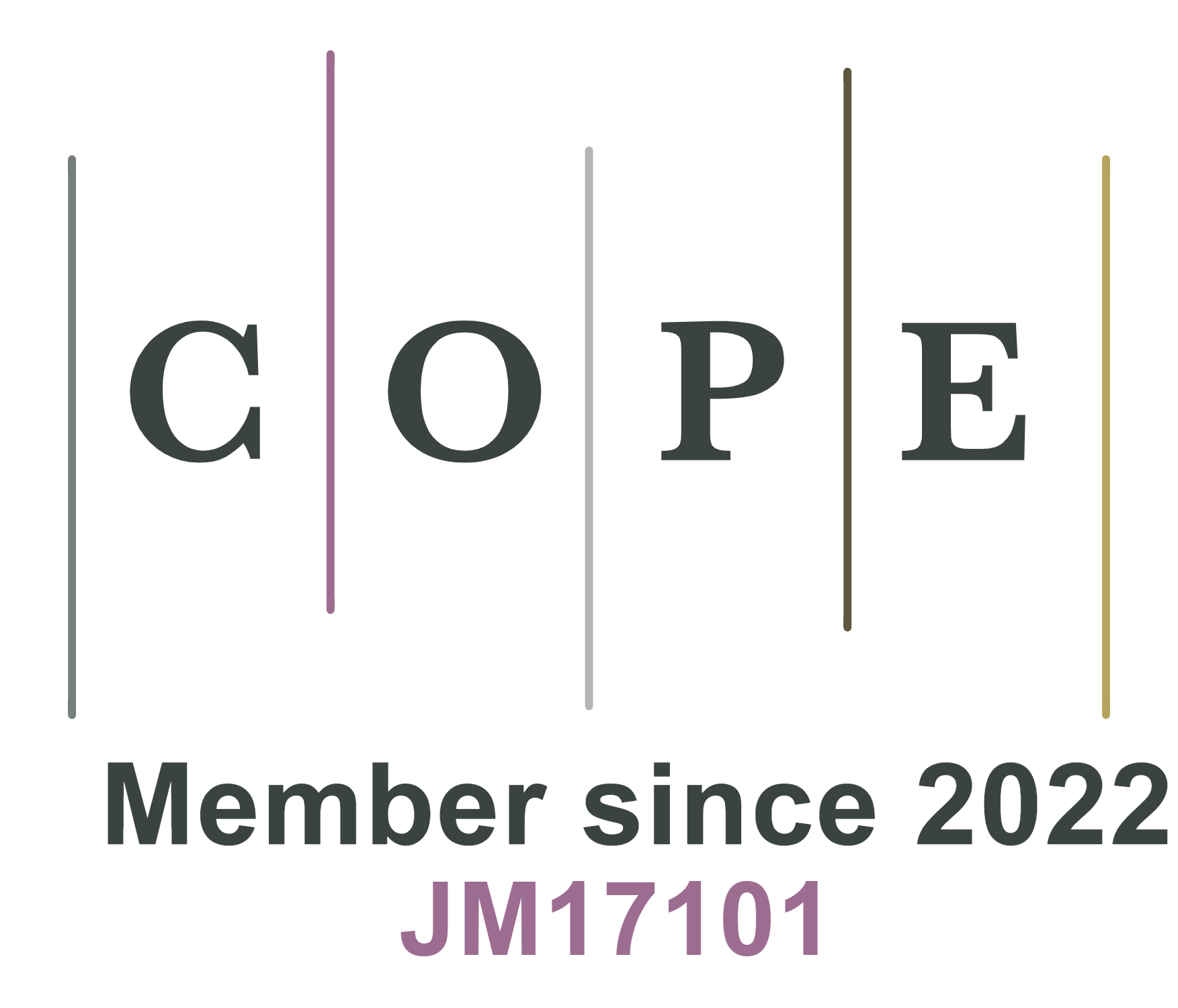Article | Open Access
Promoted de-solvation effect and dendrite-free Zn deposition enabled by in-situ formed interphase layer for high-performance zinc-ion batteries
Views: 23
Energy Mater 2024;4:[Accepted].
Author Information
Article Notes
Cite This Article
Abstract
The use of aqueous electrolytes and Zn metal anodes in Zn-based energy storage systems provides several benefits, including competitive energy density, excellent safety, and low cost. However, Zn dendrites growth and slow ion transfer at the electrode/electrolyte interphase reduce the cycle stability and rate capability of the Zn anode. Herein, the V2O5-x interface layer was rationally and controllably constructed on the Zn surface through in situ spontaneous redox reaction between V2O5 and the Zn anode. The V2O5-x interface layer, with an optimized thickness, plays a crucial role in ion screening and de-solvation, leading to a uniform dispersion of Zn2+ ions and dendrite-free morphology. Moreover, as Zn2+ transports through the V2O5-x interface layer, the V element in a low-valence state allows the oxygen anions to bind more easily with Zn2+. This interaction enables a fast Zn2+ diffusion channel in the interfacial layer. Consequently, symmetric cells with V@Zn anodes achieve stable plating/stripping for more than 1400 h at 1 mA cm-2. In particular, the full cell paired with a V2O5 cathode exhibits a capacity of nearly 275.9 mA h g-1 at 5 A g-1 after 2500 cycles without obvious capacity deterioration, further highlighting the potential for practical applications.
Keywords
Aqueous Zn-ion batteries, interfacial layer, de-solvation, Zn metal anode
Cite This Article
Song B, Lu Q, Wang X, Xiong P. Promoted de-solvation effect and dendrite-free Zn deposition enabled by in-situ formed interphase layer for high-performance zinc-ion batteries. Energy Mater 2024;4:[Accept]. http://dx.doi.org/10.20517/energymater.2024.182
Copyright
© The Author(s) 2025. Open Access This article is licensed under a Creative Commons Attribution 4.0 International License (https://creativecommons.org/licenses/by/4.0/), which permits unrestricted use, sharing, adaptation, distribution and reproduction in any medium or format, for any purpose, even commercially, as long as you give appropriate credit to the original author(s) and the source, provide a link to the Creative Commons license, and indicate if changes were made.














